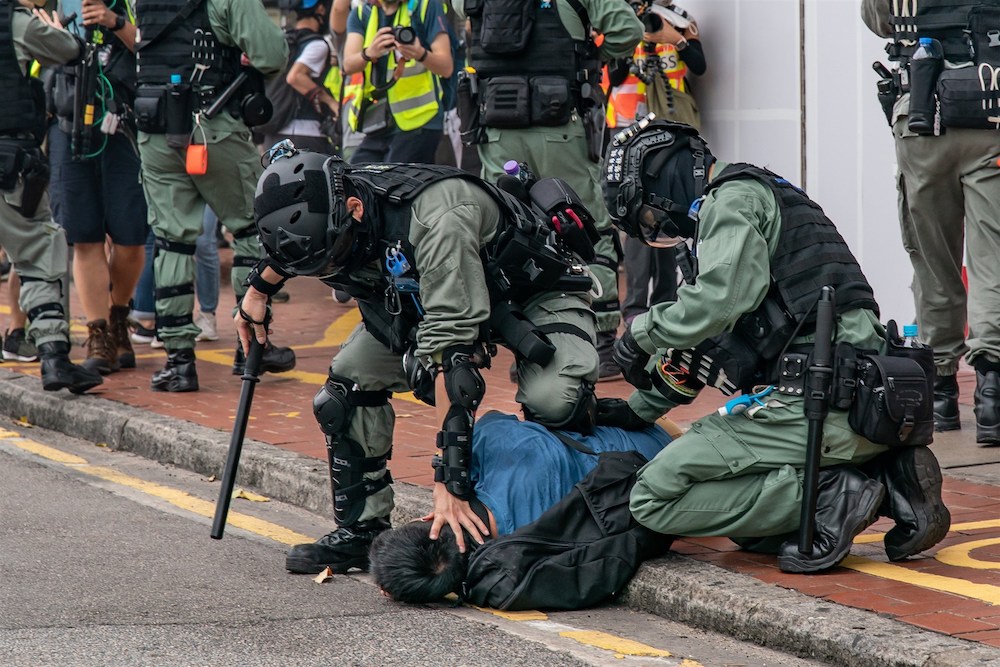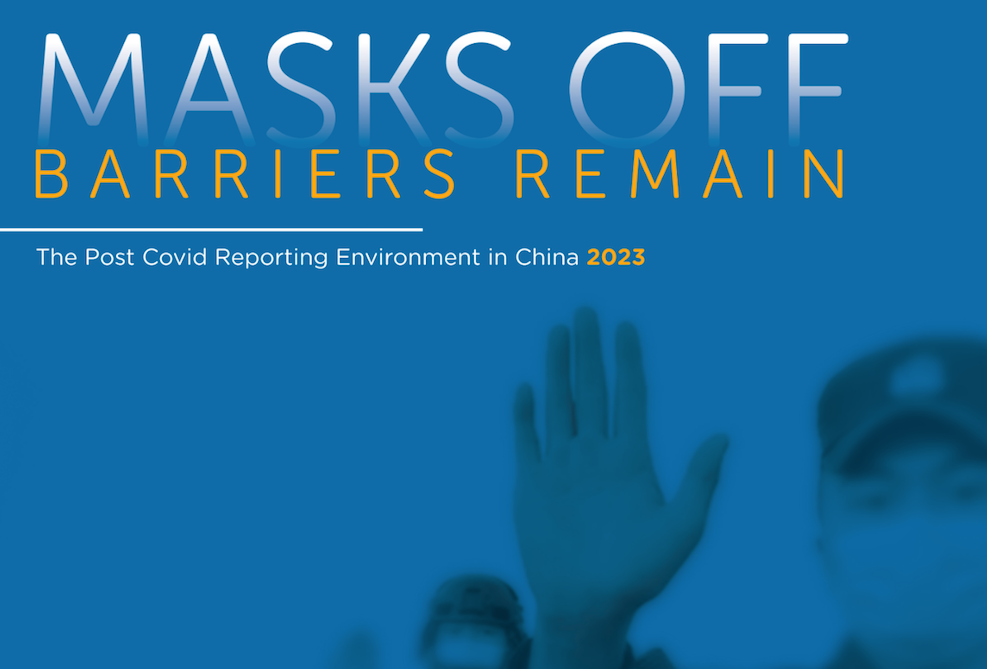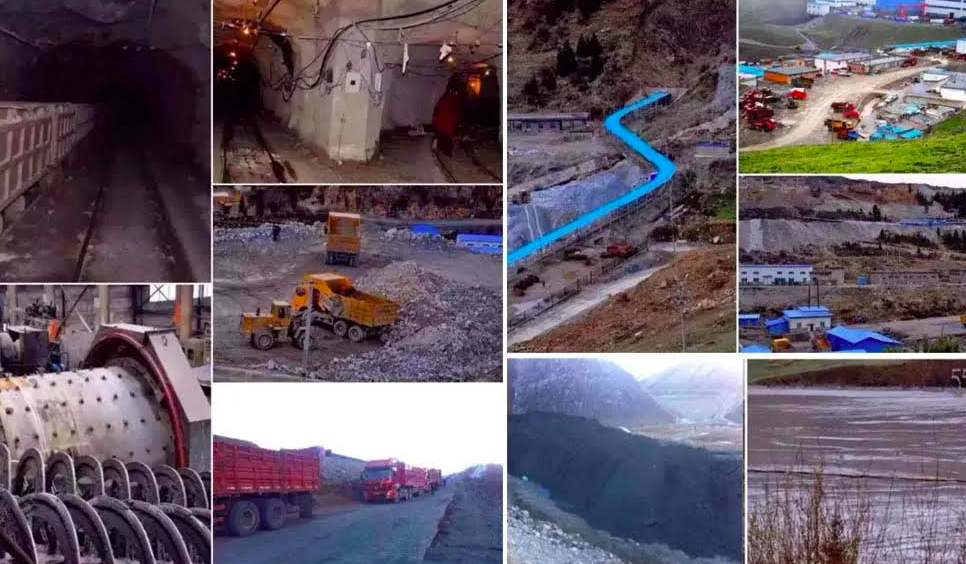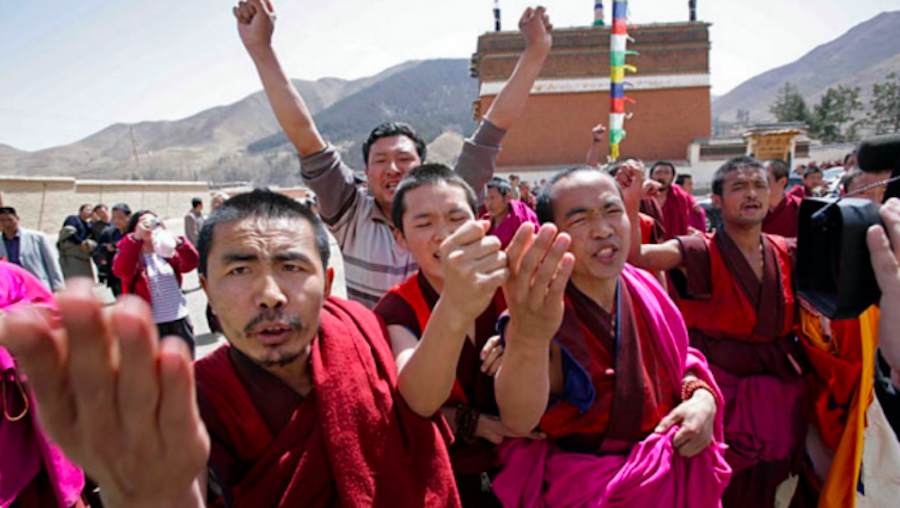By Tenzin Dharpo
DHARAMSHALA, June 30: China on Tuesday passed the much feared Security law in Hong Kong which many say will give Beijing open-ended power in the territory to silence dissent and rejig the political landscape of the vibrant economic hub.
The legislation was unanimously approved by China’s rubber-stamp parliament, and signed into law by Chinese President Xi Jinping, with unusual secrecy, little more than six weeks after it was first unveiled.
Pro-democracy youth leader Joshua Wong, one of the four leaders of the political organisation Demosisto quit the group, tweeted, “From now on, #Hongkong enters a new era of reign of terror, just like #Taiwan’s White Terror period in history, with arbitrary prosecutions, black jails, secret trials, forced confessions, media clampdowns and political censorship.” Demosisto later said it would disband.
The law will make criminal any act of secession, subversion of the central government, terrorism or collusion with foreign or external forces and could carry a minimum of 10 years sentence or maximum of life imprisonment. However, critics say, that the new law essentially targets any voice of dissent and qualifies for blanket charges such as “inciting separatism” seen used widely in other Chinese occupied territories such as Tibet and Xinjiang.
Penghsuan Lee, East Asia Coordinator of International Tibet Network said, “Hong Kong has become the latest victim of Beijing’s authoritarian rule, and we only have to look at the example of China’s occupation in Tibet and East Turkestan to see how this will pan out. Hong Kong is facing a real-time tragedy and the lives and freedoms of millions are now at stake.”
“The Chinese Communist Party is undermining the autonomy, human rights and freedoms of the people of Hong Kong before our very eyes. If something is not done, Hong Kong may suffer the same brutal treatment as Uyghurs and Tibetans. Enough is enough, the international community must take action, for all of our sakes,” said Dolkun Isa, President of the World Uyghur Congress.
International bodies like EU and NATO as well as governments have voiced objection to the new law. United States, a leading critic of Beijing said it would put visa restrictions on Chinese officials deemed to have undermined Hong Kong’s autonomy, while Britain said it was willing to provide a “pathway to citizenship” for millions of Hong Kongers if the security law went ahead.











4 Responses
China stunned the world in May when it announced that it would side-step Hong Kong’s own legislature and pass national security laws direct from Beijing. The move is widely seen as a blow to the “one country, two systems” policy agreed between Britain and China in 1997 during the handover of the territory, which allowed Hong Kong to adopt a political system separate to the mainland.
The bill was signed into law by China’s President Xi Jinping and later formally adopted by Hong Kong Chief Executive Carrie Lam, according to state-run Xinhua news agency, bringing it into effect late Tuesday. China stunned the world in May when it announced that it would side-step Hong Kong’s own legislature and pass national security laws direct from Beijing.
Hong Kong’s chief executive will have the power to appoint judges to hear national security cases, a move which has raised fears about judicial independence. Importantly, Beijing will have power over how the law should be interpreted.
Visa restrictions and passports, is that it ? The Chinese will be laughing all the way back to their tanks and the airport.